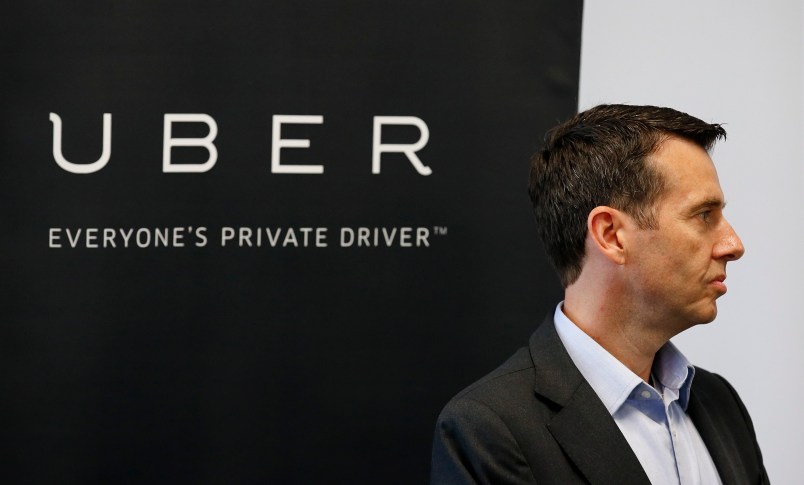I never take Uber. I erased the app on my phone. I’d rather walk several miles. I suppose I’m old-fashioned, but I despise the “gig economy” that it epitomizes. If you want to know why, read my former colleague Noam Scheiber’s excellent article on Uber and Lyft in the New York Times.
The gig economy may be the future, but it is also the distant pre-industrial past. Its practices echo those of early capitalism, when the capitalist didn’t have a factory, but employed hundreds of piece workers who labored in their homes to create socks or horseshoes that the capitalist then paid for by the piece and sold at a profit. These piece-workers had no labor protections; they were isolated and couldn’t organize.
The new gig economy functions in a similar manner. Noam makes the point succinctly:
Uber exists in a kind of legal and ethical purgatory, however. Because its drivers are independent contractors, they lack most of the protections associated with employment. By mastering their workers’ mental circuitry, Uber and the like may be taking the economy back toward a pre-New Deal era when businesses had enormous power over workers and few checks on their ability to exploit it.
What’s the solution? It’s probably not to ban Uber and revive the older unionized cab industry. That’s not the way things are headed. It’s probably to strengthen the safety net — to provide healthcare and pension benefits for all workers separate from their employment — and to strengthen labor regulation. But of course, we’re headed in the exact opposite direction — toward a more porous safety net and weaker regulations.






